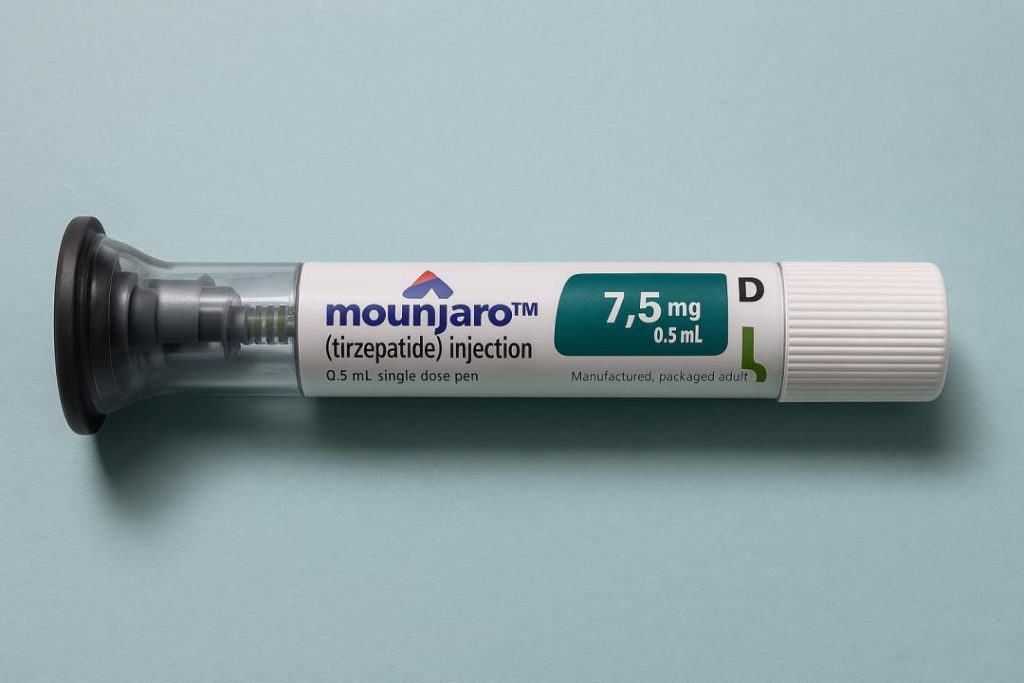
Stopping GLP-1 drugs leads to weight regain: Study
Achieving significant weight loss is a remarkable feat, but maintaining those results can be a daunting challenge for many individuals. A recent study published in Obesity Reviews sheds light on the importance of long-term treatment for weight management, revealing that stopping GLP-1 medications can lead to substantial weight regain.
GLP-1 (Glucagon-Like Peptide-1) drugs, such as semaglutide and liraglutide, are popular prescription medications used for the treatment of type 2 diabetes and obesity. These medications work by mimicking the action of a natural hormone in the body, which helps regulate appetite and glucose levels. Studies have consistently shown that GLP-1 drugs can lead to significant weight loss, often accompanied by improvements in blood sugar control and cardiovascular risk factors.
However, a new review published in Obesity Reviews aimed to investigate what happens when individuals stop taking GLP-1 medications. The study analyzed data from 14 clinical trials, encompassing a total of 4,461 participants, to examine the weight loss outcomes of patients who discontinued GLP-1 therapy.
The findings were concerning: the majority of participants regained a significant amount of weight after stopping GLP-1 medications. In fact, the average weight regain was a staggering 2.3 kg (5.1 lbs), with some individuals experiencing weight increases of up to 9.7 kg (21.4 lbs).
Moreover, the review revealed that even when participants continued to engage in healthy habits, such as regular exercise and a balanced diet, they still experienced significant weight regain. This was accompanied by increases in body mass index (BMI) and waist size, highlighting the importance of long-term treatment to maintain progress.
The study’s lead author, Dr. Caroline Apovian, explained that the results underscore the importance of considering the long-term effects of GLP-1 medications on weight loss. “These medications are not a quick fix, and patients need to be aware of the potential for weight regain if they stop taking them,” she emphasized.
So, what can individuals who have relied on GLP-1 medications for weight loss do to mitigate the risk of weight regain? According to Dr. Apovian, the key is to focus on sustainable lifestyle changes, such as maintaining a healthy diet and regular exercise routine, as well as finding alternative weight management strategies.
For those who have already experienced weight regain after stopping GLP-1 therapy, the study’s findings serve as a reminder that it’s never too late to make positive changes. By incorporating healthy habits into daily life and seeking support from healthcare professionals, individuals can work towards regaining control over their weight and overall health.
In conclusion, the study published in Obesity Reviews highlights the importance of long-term treatment for weight management, particularly when it comes to GLP-1 medications. While these medications can be an effective tool for achieving significant weight loss, it’s crucial to consider the potential for weight regain if treatment is discontinued. By understanding the risks and taking proactive steps to maintain healthy habits, individuals can work towards a healthier, more sustainable weight loss journey.
Source:
https://thepfc.club/blogs/news/what-happens-after-you-stop-weight-loss-injections






